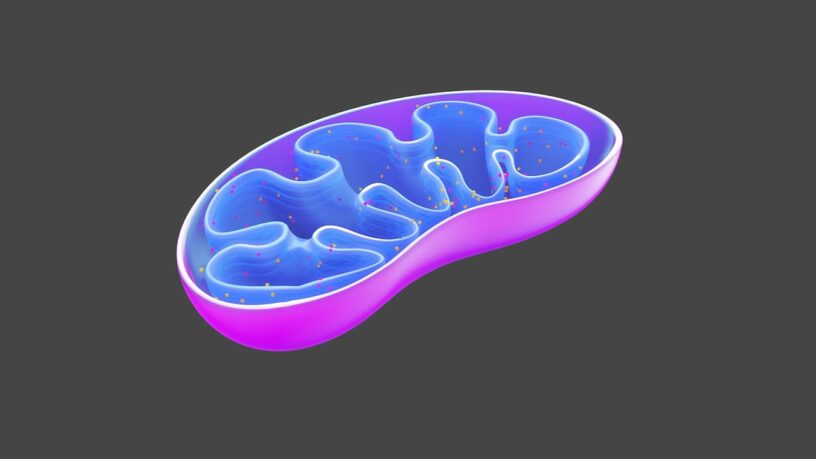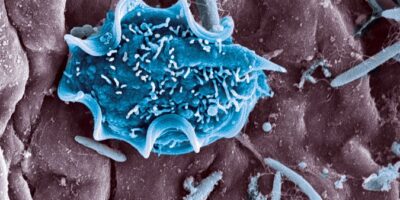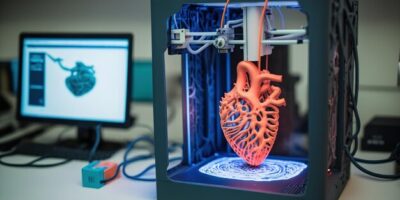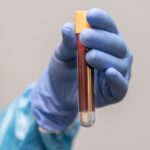The mitochondria is an important organelle in eukaryotes as it is the cell’s powerhouse. They generate adenosine triphosphate (ATP), the cell’s primary energy currency, which powers various cellular processes and functions. Unlike other organelles in the cell, mitochondria have their own genomic DNA that plays an important role in ATP synthesis and the regulation of mitochondrial metabolism. Typically, mitochondria are inherited maternally and only consist of maternal mitochondrial DNA (mtDNA) and no paternal mtDNA.
Past studies have found very few cases where the maternal and paternal mtDNA were inherited and discovered that it negatively affected the patients’ development and physiological states. However, there was very little data to make any conclusions on the effects of paternal mtDNA and the significance of maternal mtDNA inheritance. Hence, researchers from the University of Colorado set out to find the answer to this phenomenon known as paternal mitochondrial elimination (PME) by testing on roundworms (C. elegans). They hypothesized that the delayed PME would interfere with cellular functions and lead to physiological defects.
To conduct tests on the paternal mtDNA of roundworms, researchers had to figure out when PME occurred in the developmental stages of animals and how to delay them. Therefore, they used polymerase chain reactions (PCR), a technique that can be used to detect genetic material by amplifying them, to detect the presence of paternal mtDNA in C. elegans. They found that in its natural state, PME is normally conducted early in embryo development since paternal mtDNA was not found in larval or adult C. elegans. However, this was too short of a time to observe the effects of paternal mtDNA in animals. Thus, to observe and understand what happens when PME is delayed, the researchers used male C. elegans that had a specific genetic mutation that slowed down the removal of paternal mtDNA. The PCR results showed that this genetic mutation could delay PME until the late stages of embryo development, allowing researchers to study the effects of delayed PME in animals.
PME Delayed Effects on Physiological and Cognitive Functions
With PME now delayed, the researchers explored whether this delay in PME would affect physiological and cognitive functions. They did this through multiple behavior assays that examined the C. elegans’s learning and memory, mating, and activity patterns. Through these examinations, they found that delayed PME resulted in a decrease in performance of these complex physiological functions, particularly in hybrid C. elegans embryos that were a result of mating between strains with slightly different mtDNA and where one parent from the same strain carried a paternal mtDNA deletion. The exact reason for this is still unclear however it could explain why maternal mtDNA inheritance is preferred since delayed PME leads to several physiological and cognitive function defects and why delayed PME is evolutionary disadvantageous.
Reduced ATP Levels
To investigate the cause of the observed defects, the researchers tried to figure out if PME affected one of the most important mitochondrial functions, the production of ATP. The researchers used a fluorescent dye that detects ATP levels within cells, to measure and compare ATP production between embryos with normal and delayed PME. They discovered that embryos with mutant paternal mitochondria that resulted in delayed PME had lower ATP levels compared to normal embryos. This finding suggested that the delayed removal of paternal mitochondria resulted in damaged ATP production. Since ATP is important in many cellular processes, the hindering of ATP production during early embryo development may have resulted in cellular changes which resulted in defects in their physiological functions as they become adults.
Solutions to Delayed PME
Knowing that the reduced ATP production appeared to be the cause for the negative effects of delayed PME, researchers found that a subtype of vitamin K2, MK-4, was able to increase ATP levels in delayed PME embryos. Thereby the defects that were a result of delayed PME were restored. Furthermore, they also found that decreasing the expression of two genes (aak-2 and daf-16) which were involved in the signaling pathway activated under low ATP conditions, was also effective in repairing the impairments in learning, memory, and mating functions in C. elegans. This finding supports the conclusion that reduced ATP production is responsible for the damaged physiological and cognitive functions observed with delayed PME and that there is a solution for delayed PME-related diseases.
Overall, the findings in this research were able to give a better understanding of the inheritance of mitochondrial DNA and highlight the importance of early PME in animal development. One exciting discovery is that a compound called MK-4 can help increase energy production in cells. This could open the door to new treatments for health conditions linked to low energy levels, offering hope for those affected by related diseases.
References
SkieTheAce. (2021). Mitochondria. Pixabay. Retrieved November 3, 2024, from https://pixabay.com/illustrations/mitochondria-biology-cell-organelle-6474672/.
Zhang, H., Zhu, Y., & Xue, D. (2024). Moderate embryonic delay of paternal mitochondrial elimination impairs mating and cognition and alters behaviors of adult animals. Science Advances, 10(40), 1–13. https://doi.org/10.1126/sciadv.adp8351








